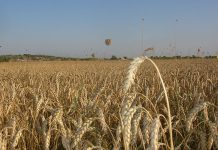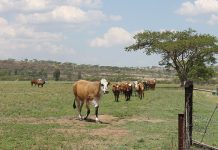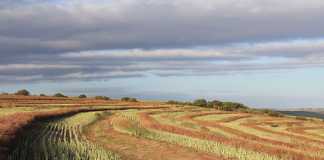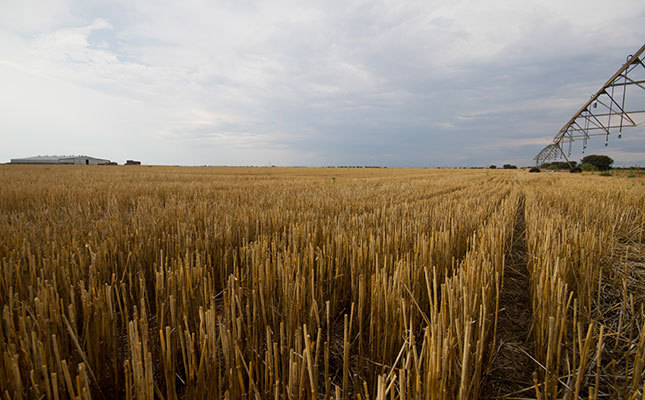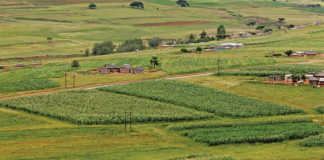Surely this had been taken in Syria or somewhere equally foreign and besieged by terrorists, I thought. But it wasn’t.
It was a photo of one of the townships in Tshwane, following the naming of Thoko Didiza as the ANC’s mayoral candidate for this metro.
It was unsettling, but I moved on to my next task after only a very short pause. All media platforms in South Africa abound with detailed reporting on the most heinous crimes, and if we had to pause for every crime we read about, I’m afraid we may never move on again.
I can quote many statistics on the level of violence and law-breaking that prevails in South Africa.
But for a more powerful demonstration of the way in which lawlessness has permeated our society, peform this simple exercise: ask any group of people anywhere is South Africa to raise their hands if they or someone in their family has been the victim of violent criminal activity. Few, if any, will fail to do so.
This is not normal.
An Irish journalist contacted me a few weeks ago to enquire whether it was still safe to travel to South Africa. At first I thought the question ridiculous. But after responding “Of course it’s safe”, I was forced, by my natural concern for his well-being, to add a long list of ifs and buts.
We need to recognise that we live in a very violent society, a place where many of the crimes committed have become a nuisance to us, rather than an unacceptable ill.
In this week’s issue (1 July 2016), we have two stories on the prevalence of violent crime on farms.
I know that farmers’ unions and many individual farmers are investing a great deal of money, time and effort in trying to understand and help prevent violence on farms. But, I think we need more discussion about how rural communities, and not only farmers and farmworkers, are affected by the scourge of violence in remote, isolated and difficult-to-police areas.
More discussion is needed about the link between rural poverty and violence in rural areas. But most of all, we need to have an honest conversation about what is motivating those who terrorise our rural areas, burn down our schools, loot, and set buses alight in townships to show their displeasure with political decisions.


